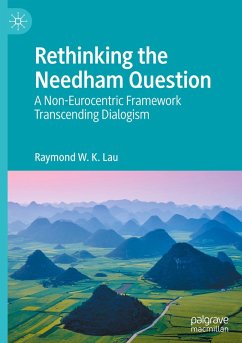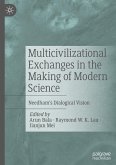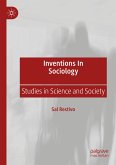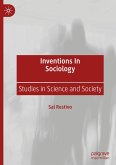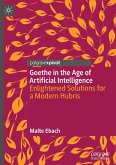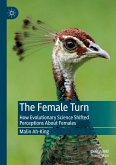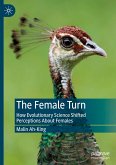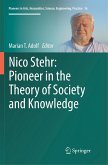This book offers a new investigation of the Needham Question. Why did modern science emerge in Europe, but not in any of the advanced non-European civilizations? Eurocentric accounts attribute it to certain 'qualities' said to be 'unique' to Europe. Opposed to the Eurocentric view is a position known as the 'dialogical perspective'. Dialogism argues that Europe borrowed heavily from non-European scientific knowledges, and that scientific exchanges were key to the development of modern science. Neo-Eurocentric arguments have emerged in response to the challenge of dialogism, and the debate between Eurocentrism/neo-Eurocentrism and dialogism currently stands at a stalemate.
In this book, Raymond Lau brings a new theoretical-methodological framework to finally settle this debate. The historical analysis developed here shows that to secure the non-Eurocentric case, and decisively rebut Eurocentrism and neo-Eurocentrism, it is necessary to go beyond dialogism both theoretically and methodologically.
In this book, Raymond Lau brings a new theoretical-methodological framework to finally settle this debate. The historical analysis developed here shows that to secure the non-Eurocentric case, and decisively rebut Eurocentrism and neo-Eurocentrism, it is necessary to go beyond dialogism both theoretically and methodologically.

